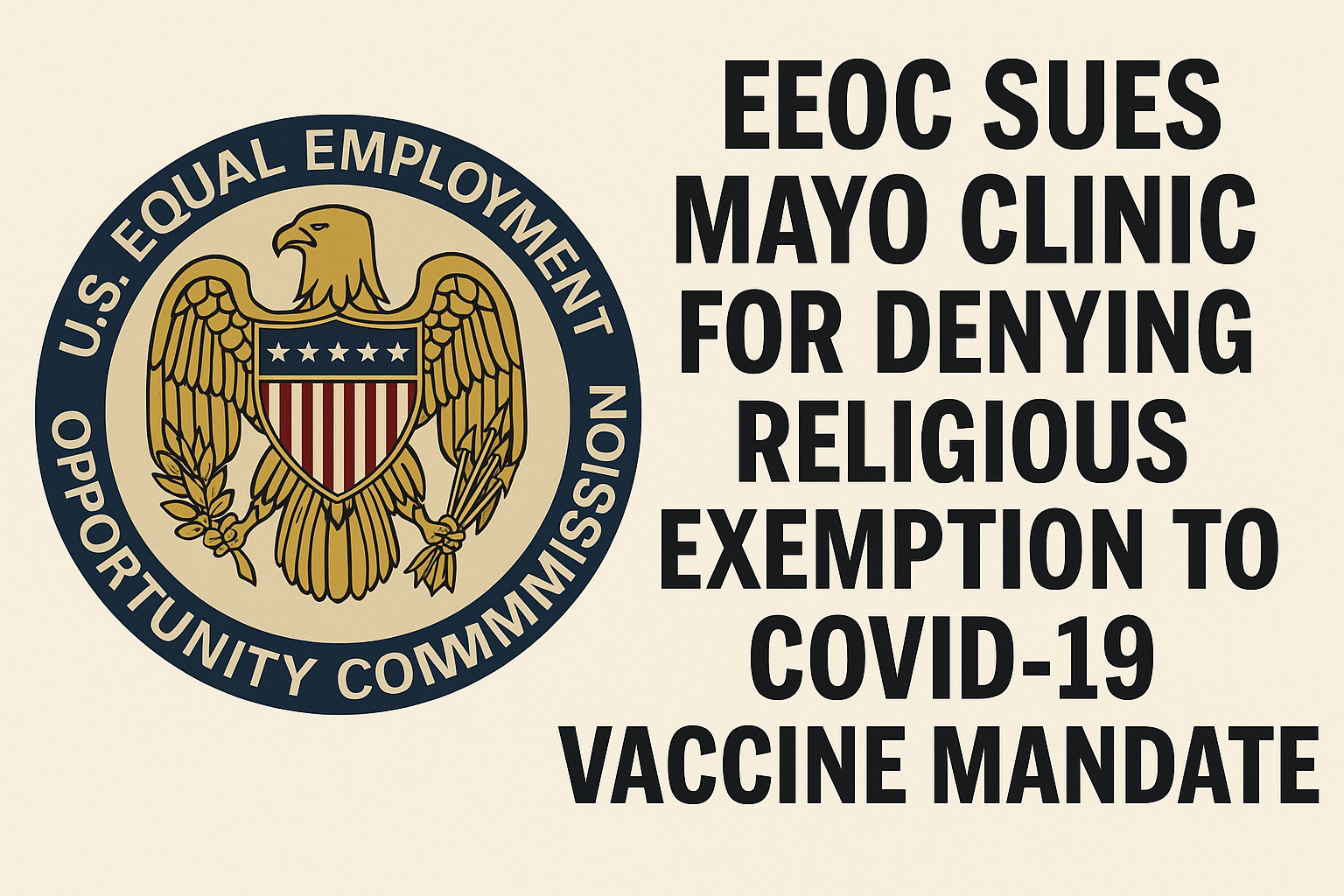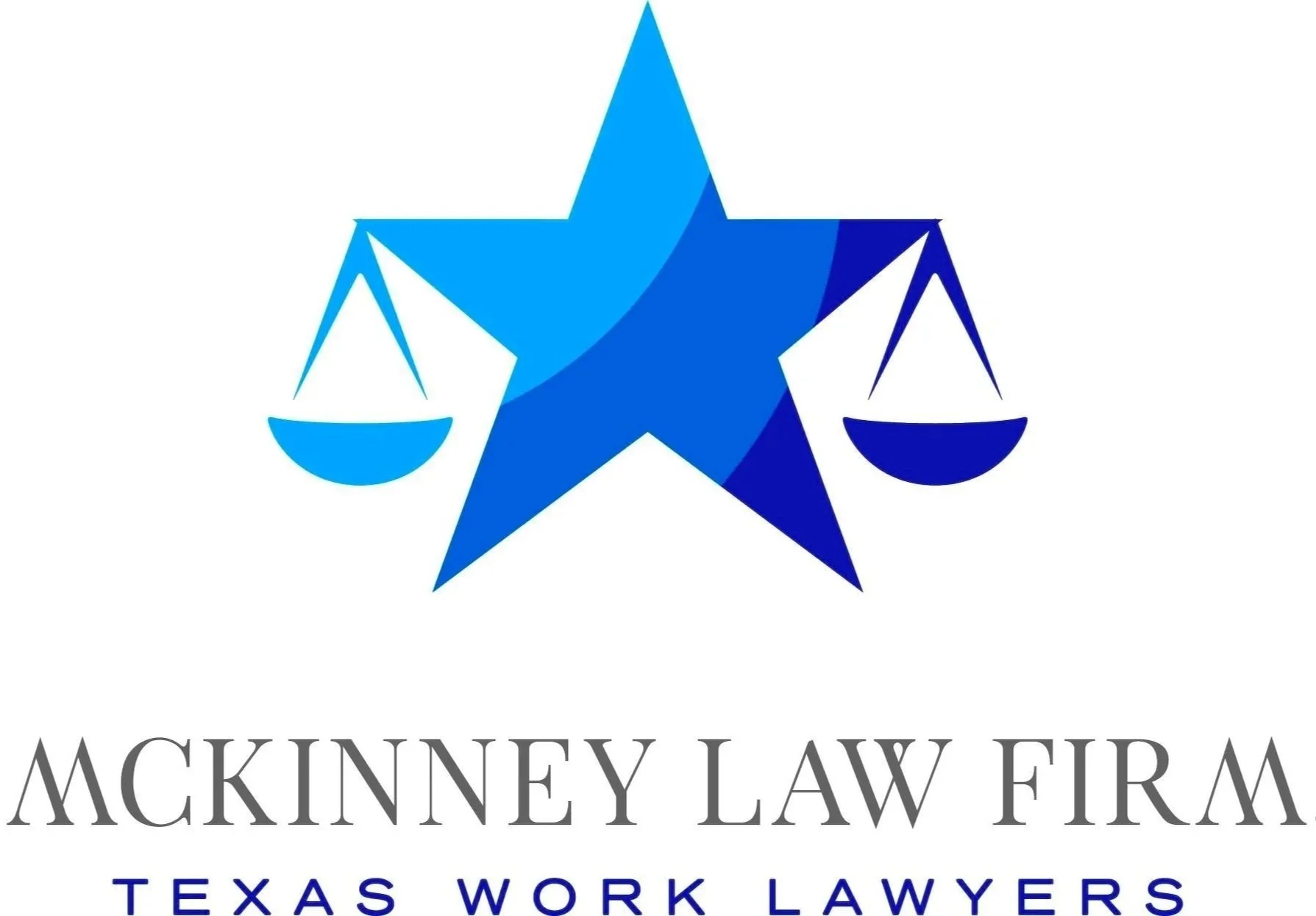EEOC Sues Mayo Clinic for Denying Religious Exemption to COVID-19 Vaccine Mandate
/The U.S. Equal Employment Opportunity Commission has sued Mayo Clinic, alleging that the organization violated federal civil rights law by denying a security guard’s request for a religious exemption from its mandatory COVID‑19 vaccination policy. In late 2021, Mayo required all employees to be vaccinated unless they qualified for medical or religious exemptions. The guard—who belonged to the Assemblies of God Church—submitted a request explaining that his faith prohibited him from receiving the vaccine because of certain ingredients and beliefs about bodily sanctity. He offered to comply with masking and testing instead, but Mayo denied his request, later refusing his reconsideration and warning him he would be fired if he didn’t vaccinate. Faced with termination, he ultimately complied.
The EEOC’s lawsuit, filed in July 2025 in federal court in Minnesota, claims Mayo refused accommodation because it doubted the sincerity of his religious beliefs. Under Title VII of the Civil Rights Act, employers must reasonably accommodate sincerely held religious beliefs unless doing so imposes an “undue hardship”—which the Supreme Court clarified in Groff v. DeJoy requires substantial business burden, not just minimal cost. The EEOC says Mayo’s actions drove the security guard to choose between violating his conscience or losing his job. The agency seeks monetary compensation, punitive damages, and a court order requiring Mayo to revise its policies and provide equal treatment for religious accommodations. Mayo Clinic has declined to comment due to the pending litigation.
This case underscores that employees have a right to request religious accommodations without fear of job loss, and that employers must take such requests seriously. It also highlights how recent legal developments—especially the 2023 Groff decision—have raised the standard for what counts as undue hardship and strengthened protections under Title VII.
With vaccine mandates largely a thing of the past, many may think these issues are settled. But religious accommodation claims continue, especially in healthcare and public service. Employers should review their exemption policies, ensure they assess the sincerity of beliefs with care, and engage in good‑faith dialogue—not dismissal—when presented with accommodation requests.









